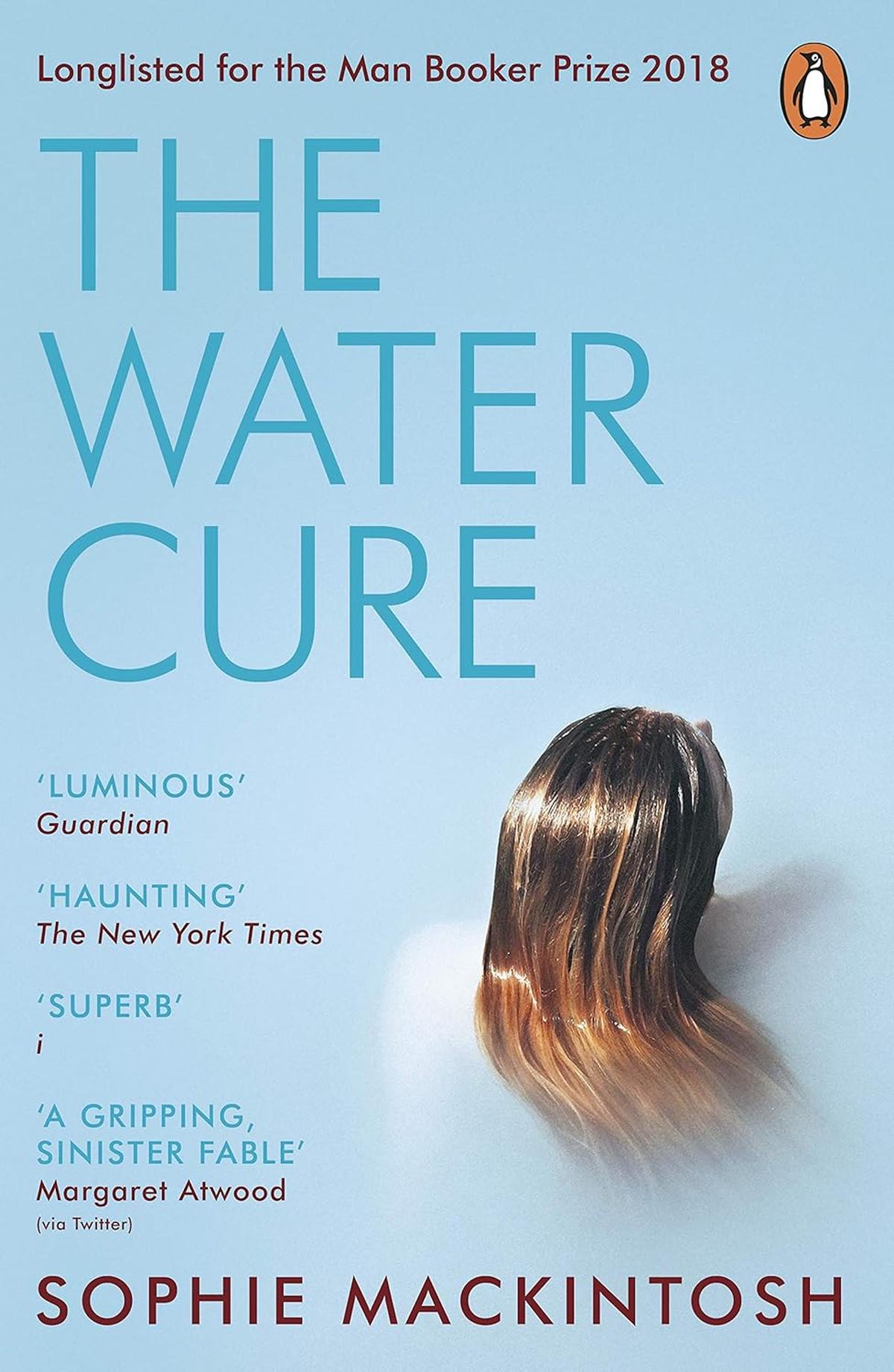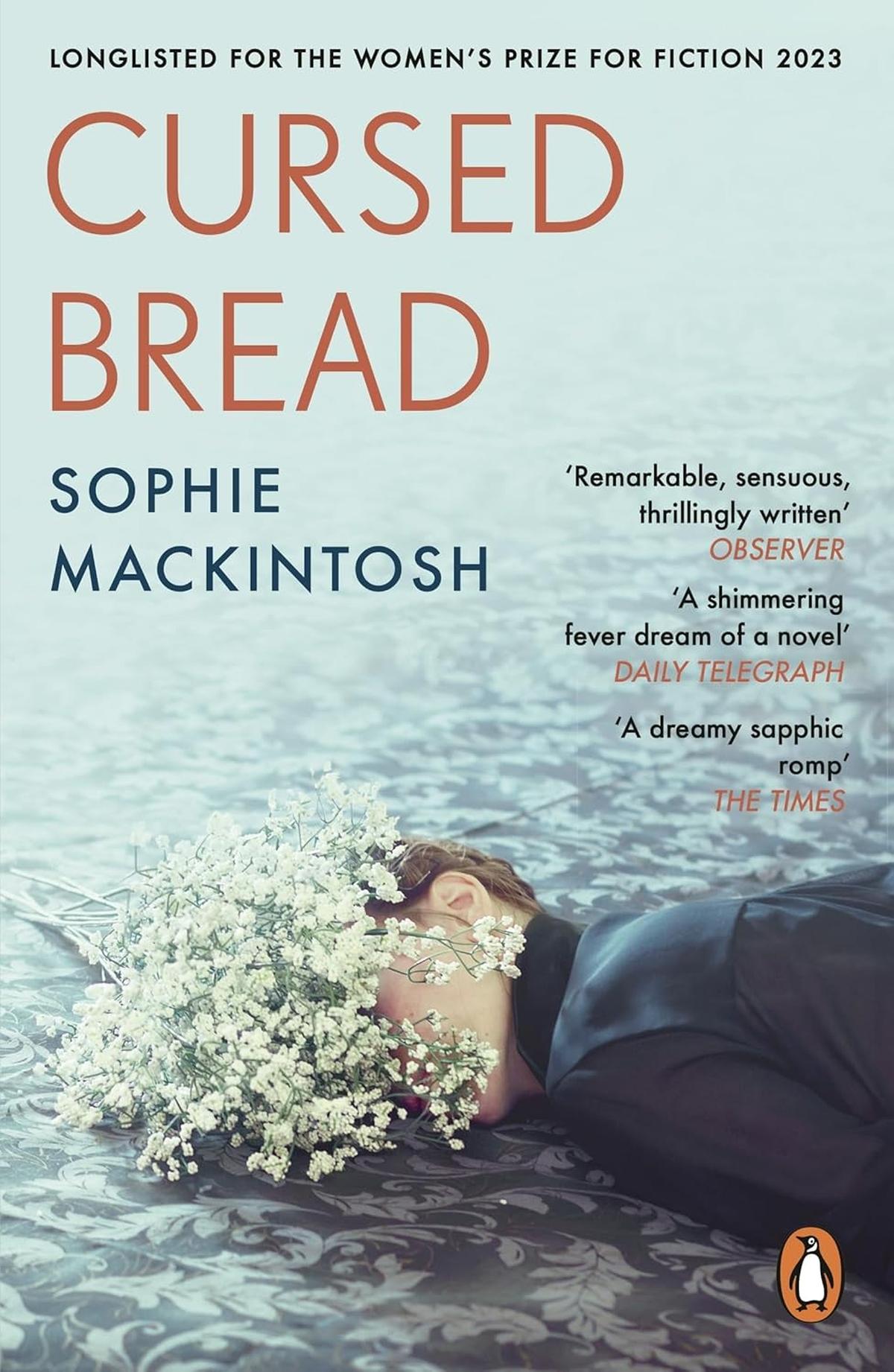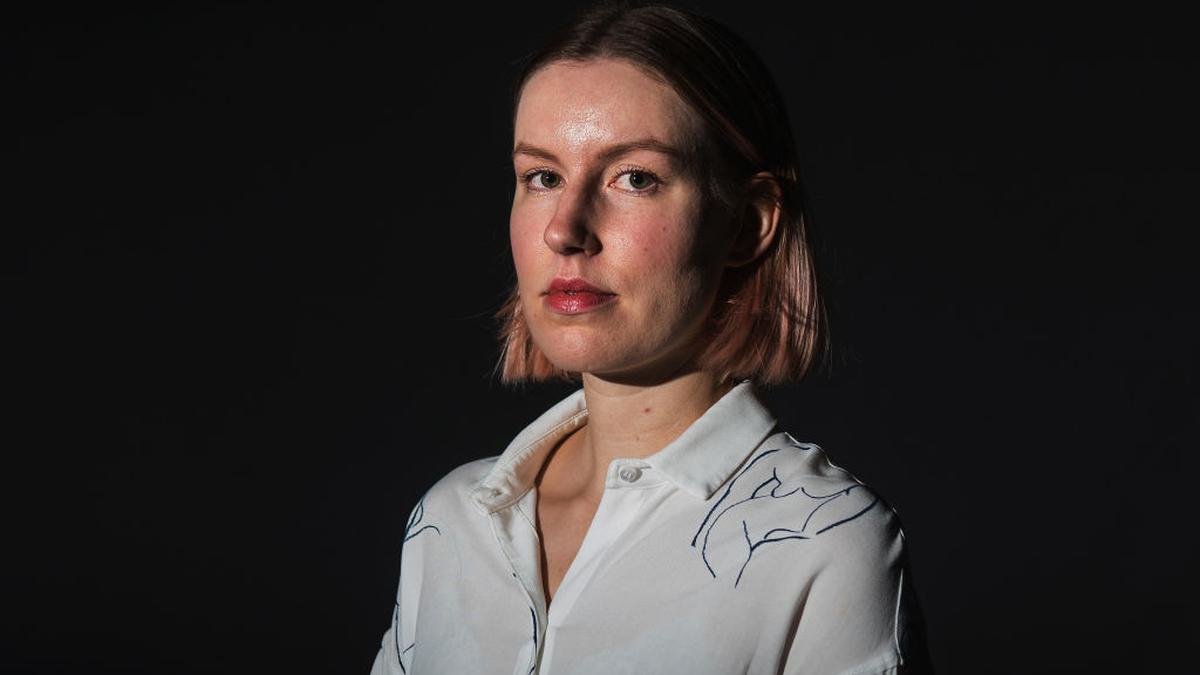Questions around female desire, bodily agency, feminism, and free will often seep into Sophie Mackintosh’s work.
| Photo Credit: Getty Images
In 2016, when Sophie Mackintosh was writing her debut novel, The Water Cure, a deliciously dark fable that tells the story of three sisters stuck on a remote island, she couldn’t help but notice the change that loomed thick in the air. “Trump was coming into power… there was Brexit in the U.K. as well,” says the London-based Welsh writer. “I felt it was a time of such shift.”
It was also around the time the #MeToo movement was gathering steam, and Mackintosh found herself stumbling on multiple testimonies of women from across the world speaking up about the sexual harassment and abuse they had encountered. “It’s important to hear them, but it’s also difficult,” she says. Mackintosh remembers being overwhelmed and even somewhat physically sick just reading and hearing about these accounts. And then it got her thinking: what if toxic masculinity could make women physically unwell?
This idea was funnelled into her first novel, The Water Cure, which was longlisted for the 2018 Man Booker Prize. The book is a modern fairy tale that explores toxic masculinity and reimagines its consequences into something more tangible, one that makes women very sick. “I’m interested in making abstract things literal and exploring them more that way,” says Mackintosh on the sidelines of the 8th Kerala Literature Festival (KLF) in Kozhikode. “I am talking about big topics in a different way.”

Creative pursuit
Mackintosh was born in South Wales, spending her early years in Pembrokeshire, where she grew up speaking Welsh at school. “It’s a very beautiful language, and I spoke it every day for 15 years,” she says, adding that the lyricism of the language made her aware of rhythm, a striking feature of the finely-honed sentences in her novels. She began writing early, mostly poetry and short stories, but “struggled to write anything long for a while until my mid-20s”.
What helped change that, she believes, was her stint at Warwick University in Coventry, where she took a B.A. in creative writing. “It was nice to have the opportunity at a young age to be doing creative practice,” she says. In the years that followed her graduation, she began writing and honing various first drafts while holding multiple jobs. “I was writing at any chance [I got]. But it wasn’t even a struggle because I was just so happy to do it,” she says.
The Water Cure, published in 2018 after a fierce bidding war, and then longlisted for the Booker Prize, changed her life, says Mackintosh. While she admits she did not expect the award, “especially not with my first book”, she says the nomination opened doors to opportunities and “inspired me to write more”. Mackintosh has since published two other novels — Blue Ticket (2020) and the 2023 Women’s Prize-longlisted Cursed Bread. Her fourth novel will be out next year.

Growing up with mythology
Mackintosh’s novels have a mythical, otherworldly quality, the mundane and the magical seamlessly co-existing, something the author attributes to her Welsh background. “I grew up with mythology, it was a big part of my childhood,” she says, pointing out that there is something about the timelessness of fairy tales that offers a different way of looking at contemporary issues. “Fairy tales disorient us, and I want my reader to feel slightly disoriented… see the world off-kilter. There is just so much resonance and magic in it,” says Mackintosh, who counts the English writer Angela Carter, best known for her feminist retellings of fairy tales and folk stories, as a “huge influence”.
Questions around female desire, bodily agency, feminism, and free will often seep into her work. Blue Ticket, for instance, examines a society where a woman’s choice to have a baby or not is based on a lottery, while Cursed Bread, loosely based on a real-life mass poisoning that took place in 1951 in France, offers insights into the politics of gender and the complexity of desire. “I’m always interested in how desire can come through,” says Mackintosh, for whom the body is often pivotal to her work because “I live with it every day”.
She is also deeply invested in relationships, both the romantic sort and female friendships, the latter a place of safety and intense intimacy but also at risk of terrible betrayals. “My friends are very important to me and have always been as important as romance. We take friendship for granted… don’t think about the possibilities of intimacy that way to be so transformative and painful,” says Mackintosh. Her next book, however, is “very much about romantic relationships”, she says. It tells the story of a secret relationship set in a parallel universe. “It’s sad, romantic, but playful too. I had a lot of fun writing it,” she says.
Published – February 14, 2025 09:30 am IST
